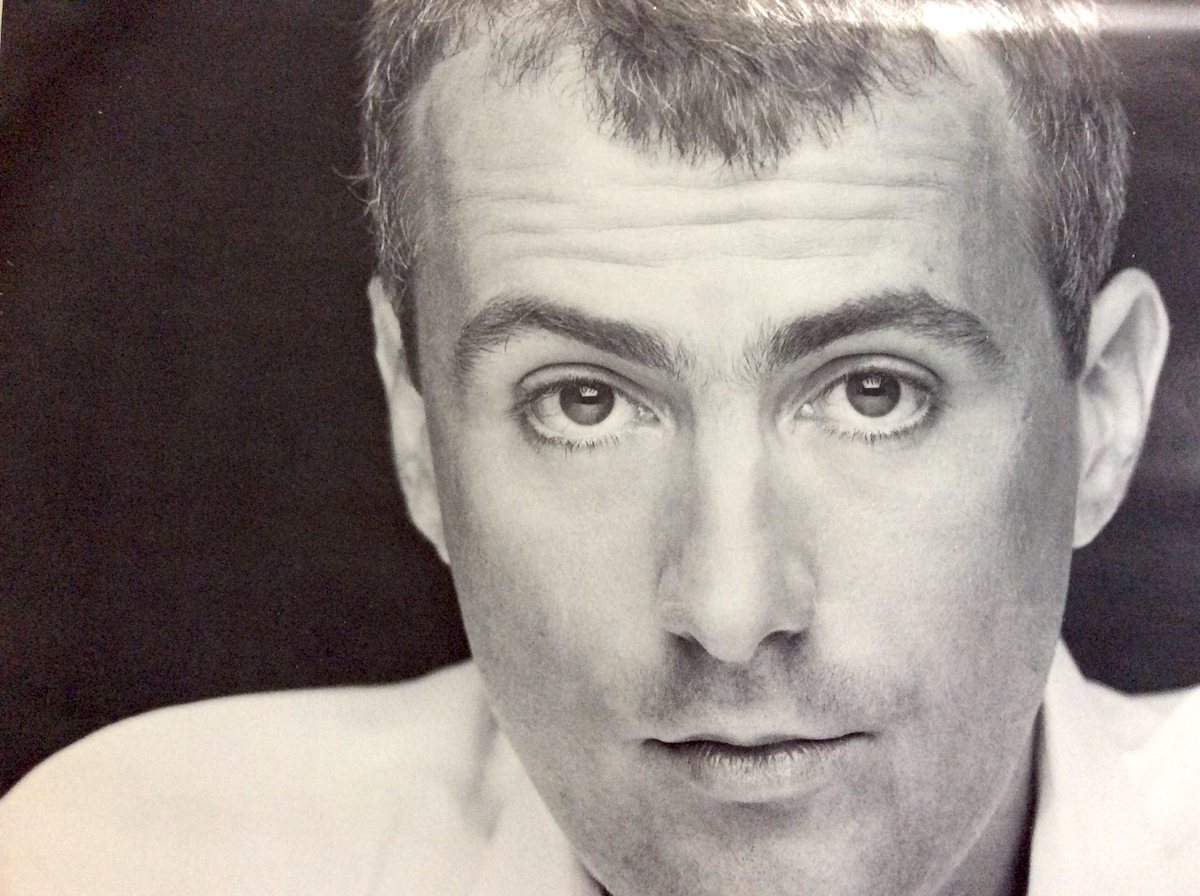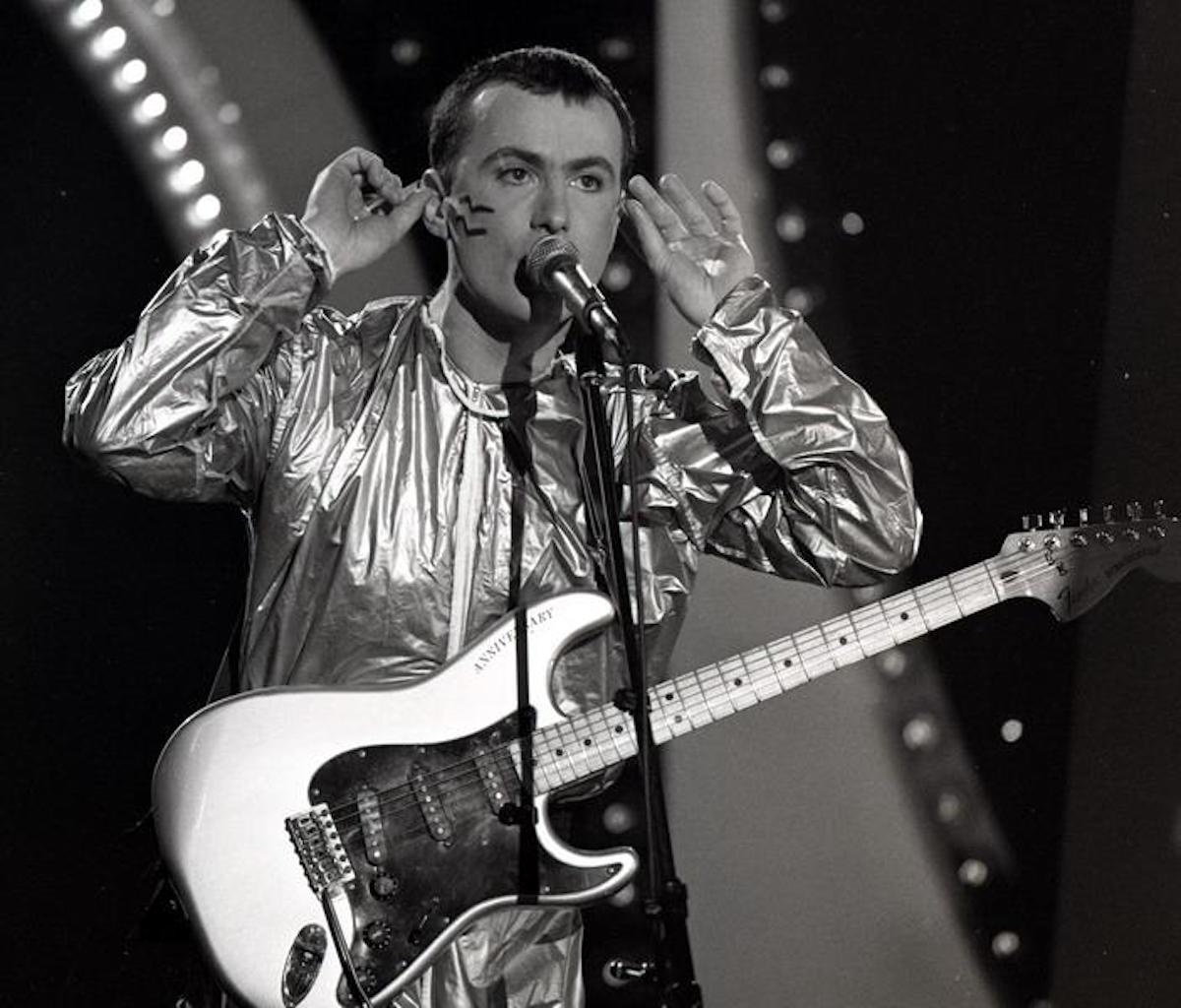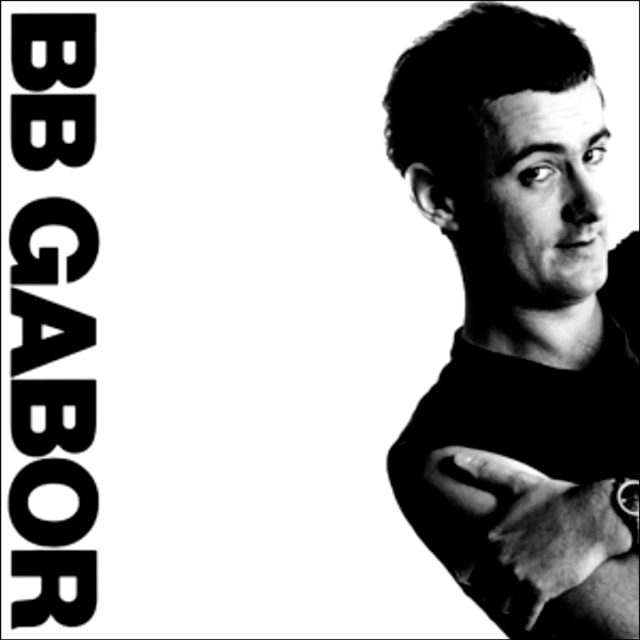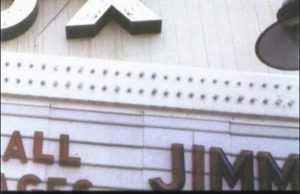 My buddy John Thompson owns The Record Centre in Ottawa. He knows the kind of music I make and the kind of music I like — three of my albums were issued on his Record Centre Records label. I was in the shop recently just as he was topping-up the “new arrivals” bin of used records.
My buddy John Thompson owns The Record Centre in Ottawa. He knows the kind of music I make and the kind of music I like — three of my albums were issued on his Record Centre Records label. I was in the shop recently just as he was topping-up the “new arrivals” bin of used records.
“Do you know this record?” he says, placing an $8 copy of BB Gabor’s self-titled 1980 debut album in my already-full hands. I told him that I’d seen it, but was pretty sure I didn’t know it and certainly didn’t own it. “That’s a good one for you to write about,” he said. So I grabbed it. And as is often the case, Johnny wasn’t wrong.
For starters, it turns out I did know one song on this album. Perhaps you do too:
It wasn’t a Billboard hit, but it did get loads of college and community radio play in Canada. Nyet Nyet Soviet (Soviet Jewellery) got to No. 4 on CJME in Regina, No. 10 on CKLG in Vancouver and No. 14 on CHUM in Toronto. Gabor was nominated for a Most Promising Artist Juno, performed at the ceremonies in both 1980 and 1981, and won a U-Know Award (basically people’s choice) for Best Male Vocal. (The U-Know Awards were renamed CASBYs — presented to indie/alternative artists annually by Toronto CFNY (now The Edge). CASBY stood for Canadian Artists Selected By You.)
The album was popular and Gabor got some great gigs at the huge Heatwave Festival in Bowmanville, the El Mocambo and Ontario Place, and even toured with Max Webster. He made a second album in 1981 that flopped, and made an abortive attempt at a third in Woodstock with Todd Rundgren. Only one track from those 1985 sessions has surfaced, the beautiful instrumental Celtic Cross.
So who was this guy? Yeah — was. Gabor died in mid-January 1990 of suicide. His body was found by police in his Toronto apartment, five years after his last attempt to make music and following years of a reported progressive downturn in his mental health.
According to a 2018 article by Ray McGinnis, Gabor came to Canada in 1971 when he was 23 years old. Born Gabor Hegedus in Communist Hungary, his family fled to England during the Hungarian revolution when he was eight — as he said, “one step ahead of the Russian tanks.” He attended a private Catholic school for boys in Ealing until the mid-’60s. During this time, the emergence of The Beatles and Rolling Stones ignited his life-long interest in music and he began composing and performing. After landing in Toronto, Gabor started bands like Instaband and The Misfits. His self-titled debut came out when Gabor was 32 years old.
The first reports of his mental health decline came in 1982 when people noticed that his live shows became spotty and his demeanour changed. He left his wife and child in Toronto and moved to Vancouver, where he eventually connected with Rundgren. After the failed third album, he returned to Toronto. His brother says it was during this time that Gabor became suicidal — including an incident in my hometown of Pembroke, Ont.
This again from McGinnis’ 2018 article: “On one occasion, in March 1982, we had to pick him up from Pembroke after he checked in at the hospital there. We brought him to our home and he stayed with us for a few days, sleeping 23 hours a day, which is a typical sign of depression. He had been diagnosed with manic depression (bipolar illness) and the final year of his life was especially tragic; he had suffered from an extremely sharp and prolonged manic phase, followed by deep depression whereupon he took his own life.”

There are absolutely no signs of this on his brilliant, funny and creative debut album. It opens with the poppy, rocking Metropolitan Life which was also released as a single. It’s easy to see why he was paired with Max Webster. There are also synth and drum bits which are reminiscent of Frank Zappa’s 1979-era stuff. This track, like four on the record, was co-written with Leon Stevenson, who actually co-wrote Let’s Go Blue Jays on the 1991 fan album. Not to be confused with the legendary OK Blue Jays.
Stevenson co-wrote the second track Consumer, which is an anti-consumerism song of course. It’s quite mild considering the subject, the choruses especially. The verses are somewhere between Elvis Costello and We Didn’t Start The Fire by Billy Joel. Catchy and pretty clever. The magnificent Nyet Nyet Soviet is next. This is an all-timer. Up there with post-punk anthems like Call Me, Ca Plane Pour Moi, Tainted Love, Chinese Rocks and Radio Radio. This one is co-written by the album’s drummer Paul Armstrong. It seems to be his crowning achievement.
Another cool one is next, though considerably more new wave. Laser Love is a Stevenson co-write which features a campy low-octave repeat vocal, loads of techno percussion, throes of synth and synth bass and a very ’80s, almost-talkbox guitar tone. Gotta also say that “laser love” is a silly title. Up there with Spaceship Superstar by Prism. But, I will also say the spoken phrase “disco sucks” in the fade out made me smile.
Things get even campier on the next track, Moscow Drug Club — a Russian-style polka. This was the B-side to Nyet Nyet Soviet, and is actually a pretty clever song about Russians listening to jazz that’s a decade behind the times due to their isolation from western music. Gabor and Stevenson wrote this, but Denis Keldie helped. Keldie was known as the “human accordion” due to his ability on said instrument — one which is all over this track. Though you’ve probably more likely heard him playing keyboards on Jeff Healey’s cover of Stuck In The Middle With You.

That’s it for the first side. Flip the album over and we’re treated to the first of three songs Gabor wrote all by himself. Underground World is excellent — a great ’80s post-punk pop song. Much the same style as the opener on the first side.
Next is All The Time, a co-write with “Cosmic” Ken Scott. The only other reference I can find to him is a song of his called Space In Time that made it onto a Q107 sampler album in 1979. All The Time is a little cheesy. It’s a lounge-esque ballad, which has a cool chord progression in the chorus where it goes a bit Journey. There’s a face-melter guitar solo (two actually) over top of a very Aja-era Steely Dan backing. Slick, I mean, but maybe not my bag.
Two more Gabor-only tracks follow: Hunger, Poverty & Misery and Ooh Mama. The first of these songs is a jazzy ballad which really evokes Steely Dan. I know I hinted at talkbox guitar earlier; well, this song has a lengthy talkbox solo. Truthfully, a really good one. Ooh Mama is not a great song, particularly lyric-wise. So many cliches. Bad ’80s pop-rock.
But the album closer… well, now. Joni Mitchell covers are funny things. I do like both the Nazareth and original versions of This Flight Tonight. I hate everybody’s cover of River. But I really, really like what Gabor does with Big Yellow Taxi. It’s so creative and different. Does he make it his own? Maybe not. But it certainly isn’t Joni’s anymore — not here, anyway. I love it.
Go find this record. It isn’t on Spotify. Maybe John has another copy.
3.5/5
• • •
Area Resident is an Ottawa-based journalist, recording artist, music collector and re-seller. Hear (and buy) his music on Bandcamp, email him HERE, follow him on Instagram and check him out on Discogs.











































